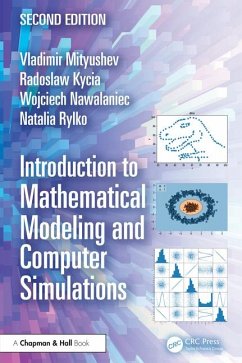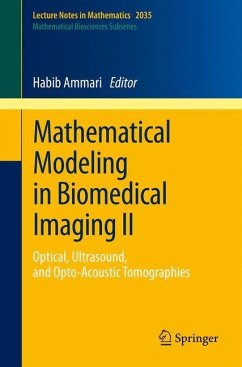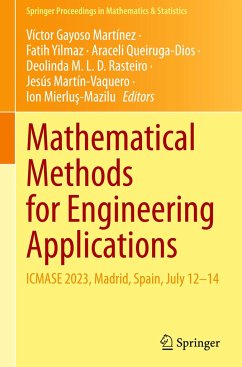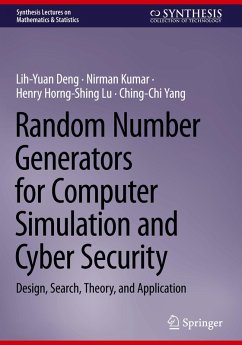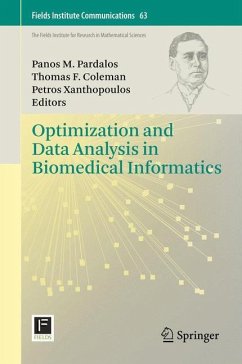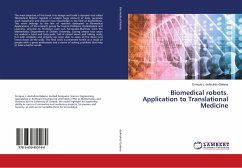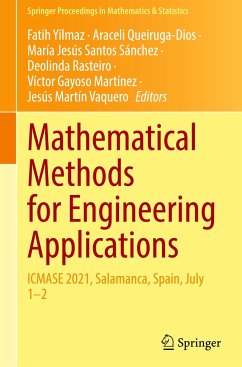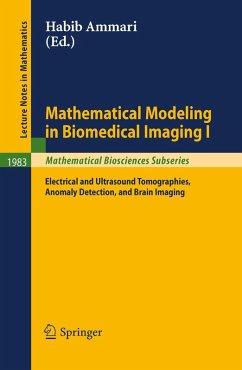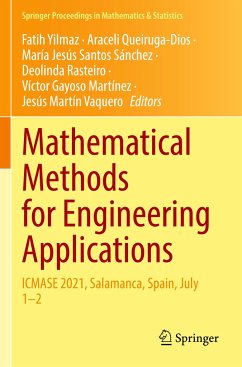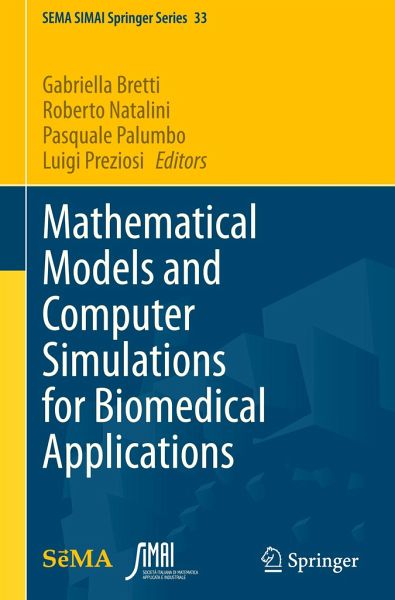
Mathematical Models and Computer Simulations for Biomedical Applications

PAYBACK Punkte
83 °P sammeln!
Mathematical modelling and computer simulations are playing a crucial role in the solution of the complex problems arising in the field of biomedical sciences and provide a support to clinical and experimental practices in an interdisciplinary framework.Indeed, the development of mathematical models and efficient numerical simulation tools is of key importance when dealing with such applications.Moreover, since the parameters in biomedical models have peculiar scientific interpretations and their values are often unknown, accurate estimation techniques need to be developed for parameter identi...
Mathematical modelling and computer simulations are playing a crucial role in the solution of the complex problems arising in the field of biomedical sciences and provide a support to clinical and experimental practices in an interdisciplinary framework.
Indeed, the development of mathematical models and efficient numerical simulation tools is of key importance when dealing with such applications.
Moreover, since the parameters in biomedical models have peculiar scientific interpretations and their values are often unknown, accurate estimation techniques need to be developed for parameter identification against the measured data of observed phenomena. In the light of the new challenges brought by the biomedical applications, computational mathematics paves the way for the validation of the mathematical models and the investigation of control problems.
The volume hosts high-quality selected contributions containing original research results as well as comprehensive papers and survey articles including prospective discussion focusing on some topical biomedical problems. It is addressed, but not limited to: research institutes, academia, and pharmaceutical industries.
Indeed, the development of mathematical models and efficient numerical simulation tools is of key importance when dealing with such applications.
Moreover, since the parameters in biomedical models have peculiar scientific interpretations and their values are often unknown, accurate estimation techniques need to be developed for parameter identification against the measured data of observed phenomena. In the light of the new challenges brought by the biomedical applications, computational mathematics paves the way for the validation of the mathematical models and the investigation of control problems.
The volume hosts high-quality selected contributions containing original research results as well as comprehensive papers and survey articles including prospective discussion focusing on some topical biomedical problems. It is addressed, but not limited to: research institutes, academia, and pharmaceutical industries.






